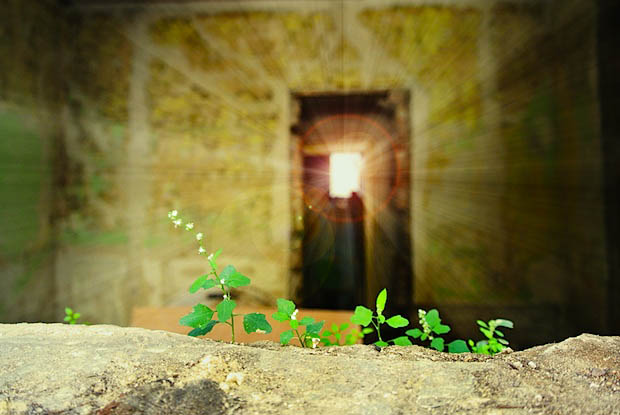Imagine a world where instead of saying, “I’m right and you’re wrong!” people say, “I don’t know.” Imagine a world where we have the courage to pursue dreams and relationships that may or may not work out. Imagine a world where no one is afraid to say, “I love you,” first. That world is coming, at least for a day on the Jewish calendar – Yom Kippur (Day of Atonement), beginning Sept. 23 this year.
Dr. Brene Brown, a New York Times bestselling author, gave a wonderful 2010 TED Talk about vulnerability that quickly became one of the most-watched TED Talks of all time, with more than 21 million views. She just came out with her new book, Rising Strong, based on this premise: “If we are brave enough, often enough, we will fall. This is a book about what it takes to get back up.”
When we can’t bear the discomfort that comes with being uncertain, we become perfectionists.
Besides her insightful and practical approach, why is Brown’s work on vulnerability so popular?
Because the idea of being vulnerable terrifies us. Many of us are often afraid of sharing an unpopular idea, asking for help when we’re sick, or questioning the beliefs we grew up with. Most of us respond to these fears by having a drink, eating chocolate or playing with our smartphones.
When we don’t allow ourselves to be vulnerable, instead trying to control our needs, we experience anxiety. When we can’t bear the discomfort that comes with being uncertain, we become perfectionists – which Brown defines as our attempt to make everything uncertain certain. As we submit to our addiction to control, we try to convince ourselves, “I’m right, and everyone else is wrong!”
Yom Kippur actually gives us a series of techniques to counteract our addiction to control, and face the fears it’s trying to protect us from. Think about how powerful this is: One day a year, people (Jewish and not) get together to publicly recall their mortality. The liturgy invites attendees to call out, “Help, I can’t do this alone!”
In turn, we begin to reclaim the courage to dream big, knowing we might make mistakes – and that’s okay. This process ultimately gives us the capacity to experience more love and wholeness in our lives, and in the world around us.
Brown suggests the one way to be whole in this world is to be vulnerable:
“To love with our whole hearts, even though there’s no guarantee…?[In] moments of terror, when we’re wondering, ‘Can I love you this much? Can I believe in this this passionately?’…to be able to stop and, instead of catastrophizing what might happen, to say, ‘I’m just so grateful, because to feel this vulnerable means I’m alive.'”
Whether or not you go to a synagogue on Yom Kippur, the next time you feel anxious, rather than trying to numb and protect yourself, see if you can notice what need is there: perhaps it’s a need for forgiveness, trust, hope or a sense you belong.
Whatever your need is, go ahead and imagine handing it over – to the Universe, to your mother, to your friend, to your cat, to the trees around you, perhaps to God – as a way to relinquish control. As we live from this place of increased vulnerability, we are met with trust, love and the guidance we need to continue speaking our truths, opening our hearts and revealing ourselves to the world.

Rabbi Adam Lavitt is a spiritual leader, educator, and writer living in Philadelphia, where he serves as the campus rabbi at Swarthmore College. He was ordained at the Rabbinical School of Hebrew College, where he also received a Master?s in Jewish Education, and a Certificate in Pastoral Care. He has been a Liturgist in Residence at the National Havurah Institute, and a CLAL Rabbis Without Borders Fellow.

